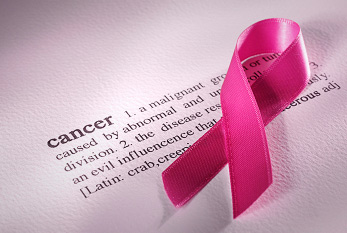 About World Day of the Sick
About World Day of the Sick
Pope John Paul II initiated the day in 1992 to encourage people to pray for those who suffer from illness and for their caregivers. The Pope himself had been diagnosed with Parkinson’s a year before, in 1991, and it is considered that his own illness was impetus for his designation of the day.
World Day of the Sick was first observed on February 11, 1993. February 11 is also the Catholic Feast of Our Lady of Lourdes, which a name is given to the Virgin Mary in honor of the apparitions that were said to have been seen in and around Lourdes, France, by a young girl called Bernadette Soubirous. The Church canonized Bernadette as a saint several years later.
Did you know?
Pope Benedict XVI declared his decision to resign from his post as the Pope on this day in 2013. He cited his failing health as the reason behind his decision.


 International Epilepsy Day is marked in order to recognise that epilepsy is an illness and spread the message that people who suffer from it can be successful.
International Epilepsy Day is marked in order to recognise that epilepsy is an illness and spread the message that people who suffer from it can be successful.
 “Share your bread with the hungry,
“Share your bread with the hungry,
 Leprosy is one of the oldest recorded diseases in the world. It is an infectious chronic disease that targets the nervous system, especially the nerves in the cooler parts of the body – the hands, feet, and face.
Leprosy is one of the oldest recorded diseases in the world. It is an infectious chronic disease that targets the nervous system, especially the nerves in the cooler parts of the body – the hands, feet, and face.
 Advertising has taken on a very important place in business and it has an impact on our daily life, there is no doubt about it.
Advertising has taken on a very important place in business and it has an impact on our daily life, there is no doubt about it.
 ‘Turn on the light,’ – it is an expression that we hear very often. All the more so in this mid-January period when the clouds seem to be ever present and darkness more obvious in the mornings and evenings. The solution is close at hand: we switch on the electric lamps which bring the desired illumination.
‘Turn on the light,’ – it is an expression that we hear very often. All the more so in this mid-January period when the clouds seem to be ever present and darkness more obvious in the mornings and evenings. The solution is close at hand: we switch on the electric lamps which bring the desired illumination.
